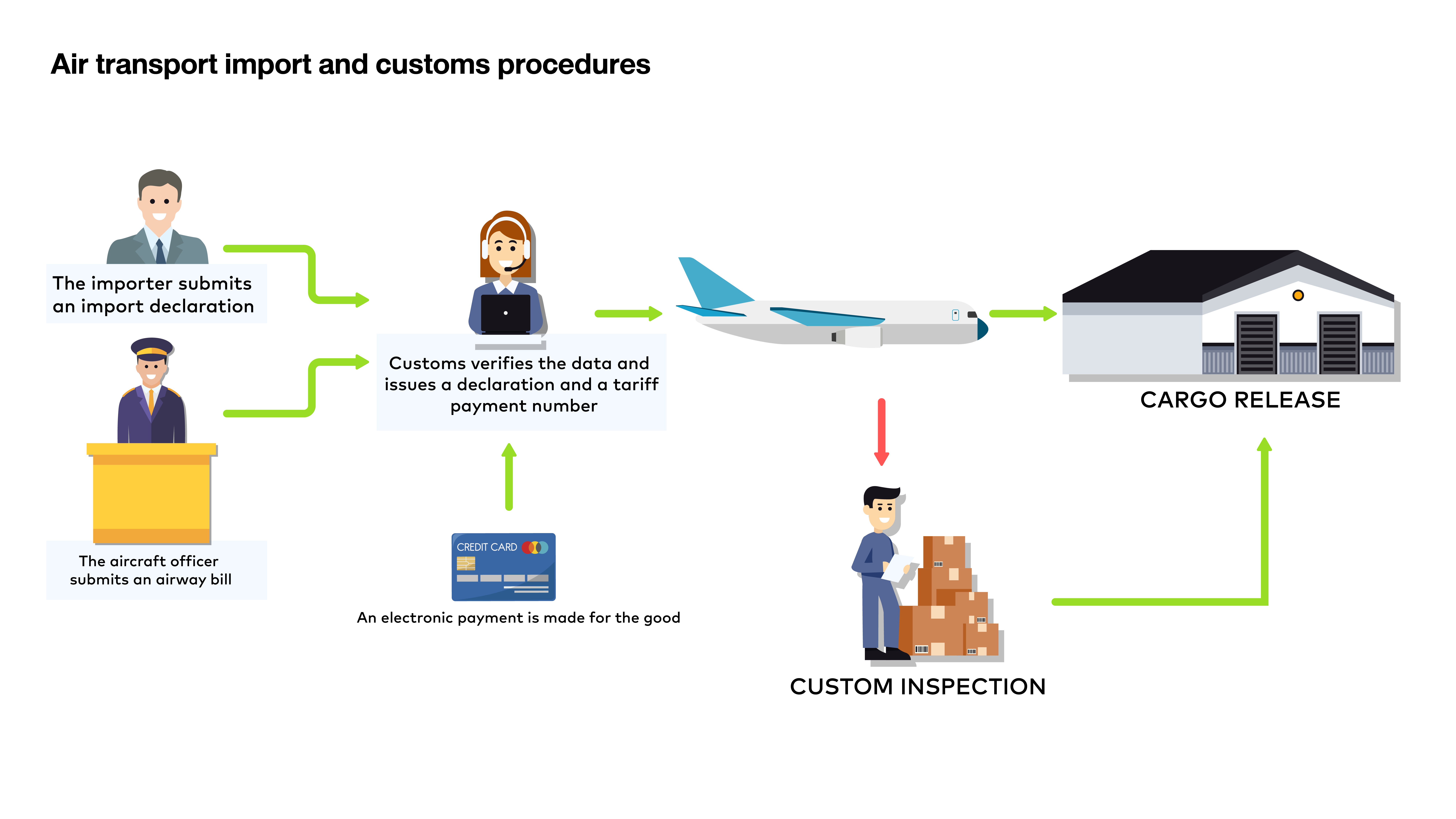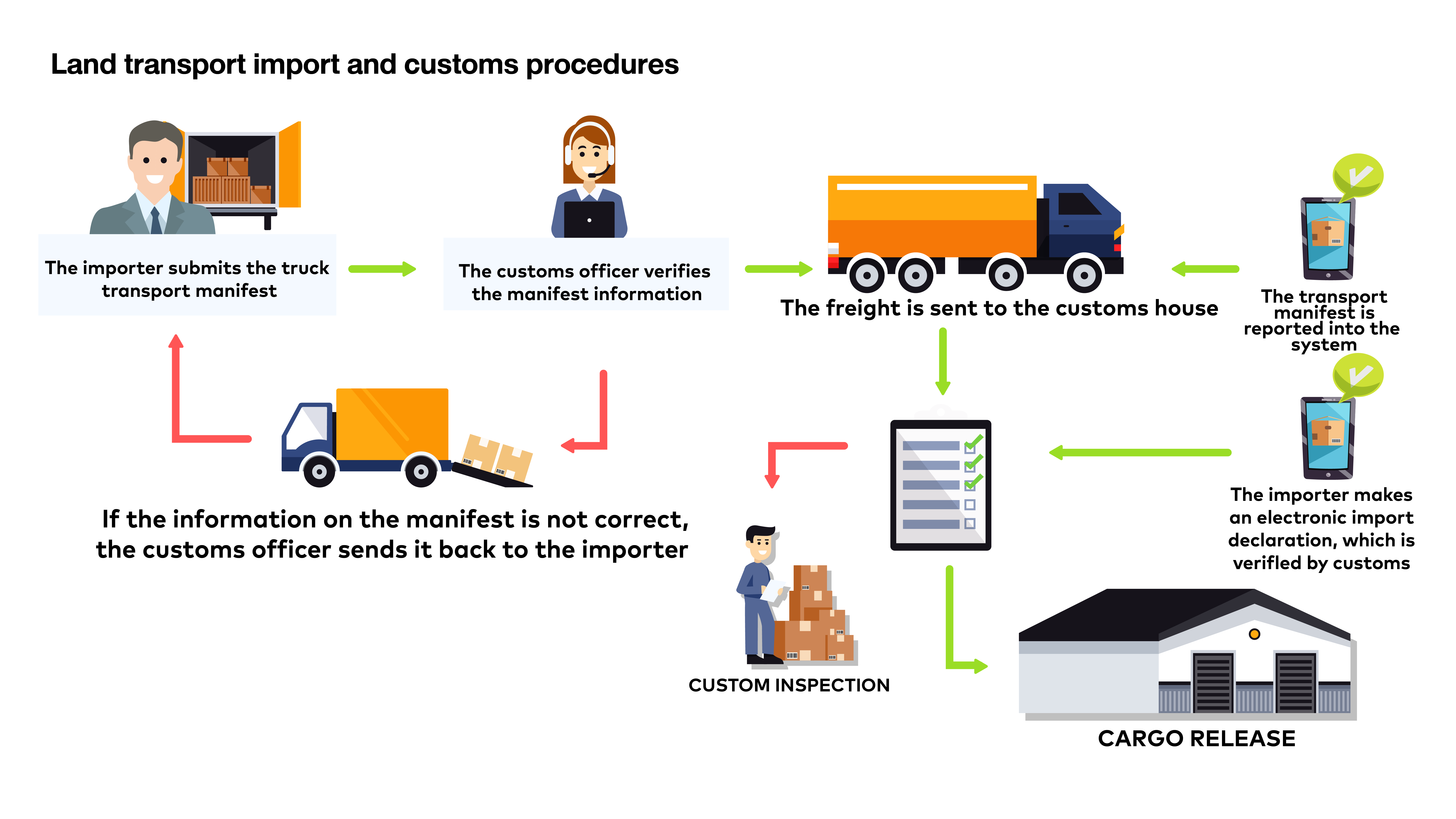- SIGN IN
- REGISTER
TRADE IN GOODS
The ASEAN Trade in Goods Agreement (ATIGA) aims to achieve the free flow of goods within the ASEAN region, removing barriers to trade, lowering costs of trade and deepening economic linkages between member states. The agreement means that tariffs have been removed on nearly all products for trade between Brunei Darussalam, Cambodia, Indonesia, Lao PDR, Malaysia, Myanmar, Philippines, Singapore, Thailand and Viet Nam.
ASEAN Tariff Finder
ASEAN Tariff Finder is an online platform designed to support traders to maximize benefits from ASEAN’s free trade agreements (FTAs). This is a tool to help businesses, especially Micro, Small and Medium Sized Enterprises (MSMEs) to get the latest information on the preferential tariffs applied by ASEAN Member States under various multilateral/bilateral free trade agreements. It also sets out the rules of origin criteria used to determine a product’s eligibility for preferential tariff treatment.
With this search engine, traders will save time and resources in their transactions, since all tariff information they need is now readily available on the website.
ASEAN Tariff Finder, trade information at your fingertips
ASEAN Trade Repository
The ASEAN Trade Repository (ATR) provides a single point of access to all trade-related information of ASEAN Member States. The ATR is an ASEAN-level IT interface linked by hyperlinks to a series of interoperable National Trade Repositories (NTRs) that provide and maintain the national-level trade related information and the actual contents.
The trade-related information accessible through the ATR is organised on the basis of nine ‘topics’ in line with Article 13 of the ASEAN Trade in Goods Agreement (ATIGA). All the actual information is available on NTRs of the ASEAN Member States and duly maintained by their respective governments.
ASEAN Trade in Goods Agreement (ATIGA) e-FormD
The ASEAN Trade in Goods Agreement (ATIGA) aims to achieve the free flow of goods within the ASEAN region, removing barriers to trade, lowering costs of trade and deepening economic linkages between Member States. The agreement means that tariffs have been removed on nearly all products for trade between Brunei Darussalam, Cambodia, Indonesia, Lao PDR, Malaysia, Myanmar, the Philippines, Singapore, Thailand and Viet Nam.
From the end of 2019, cross-border trade using the Electronic Certificate of Origin (ASEAN Trade in Goods Agreement (ATIGA) e-Form D) will be given preferential tariffs within the region.
Further documents will also be added in future including:
- ASEAN Customs Declaration Document (ACDD)
- Electronic Phytosanitary Certificate (e-Phyto)
- Electronic Animal Health Certificate (e-AH)
- Electronic Food Safety Certificate (e-FS) Certificate
HOW TO COMPLETE?
Success factors for internationalisation
There is significant research from major trade agencies across the world showing that businesses which export, have much higher growth, durability, and profitability than those that don’t. Figures from the UK for example showed that exporting companies are 59% more productive than non-exporting companies. Another survey from UKTI (UK Trade and Investment) showed that 78% of exporting companies claimed that operating internationally led them to new ideas and innovation, while 70% said that this helped improve their own products and services. A 2015 study by Industry Canada found that exporting companies, have on average over twice the annual revenue of non-exporting companies. These figures are also confirmed by global accounting company Deloitte which found that exporters earn three times the average three-year cumulative return of non-exporters.
Processes clearing goods/custom clearance
Customs’ clearance involves preparation and submission of documentation for exporting or importing into the country, and may include payment of duty/tariffs, as well as taking delivery of goods from customs after clearance. Some of the documents involved in customs clearance typically include purchase orders from the buyer, sales invoices, packing lists, shipping bills, bills of lading/airway bills, Certificate of Origin depending on the country, product or buyer.
Regulations for trade in ASEAN Member States
More detailed information on laws and procedures, rules, and regulations for trade within ASEAN can be found on the individual national trade repository websites















